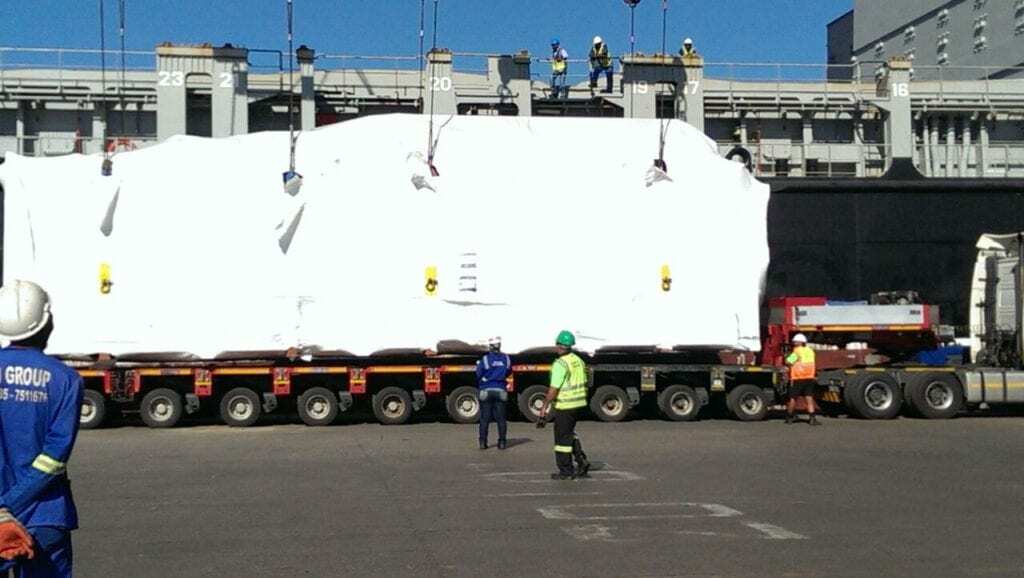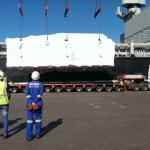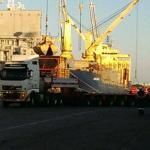This week’s Beyond Ports focuses on Durban and beyond. Project Cargo Weekly (PCW) spoke with Caron Harris, CEO of Forwarding African Transport Services (FATS)
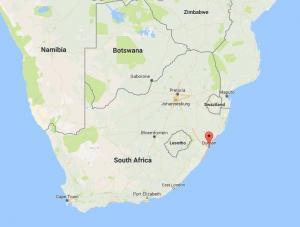
PCW: When did you establish your company in South Africa?
FATS: FATS was founded in July of 1992.
PCW: How many employees does FATS have and who are the owners?
FATS: We have a staff compliment of 15 and is owned by Caron Harris.
PCW: How is inland transport to Zambia, Zimbabwe and Botswana generally organised? By truck, train, or barge?
FATS: Inland transport to these 3 destinations as well as Malawi, Swaziland & Lesotho is most efficiently arranged by road (truck).
PCW: Is it possible to do customs clearance at the destination?
FATS: Destination clearance is generally undertaken by the consignees clearing agent and FATS can undertake all movement on DDU terms.
PCW: Which entry port in South Africa is the most ideal?
FATS: Durban is the ideal entry port into South Africa and is commonly known as the “Gateway” into Africa.
PCW: What kind of documents do you need in order to arrange the inland transport efficiently?
FATS: The following documents are required:
- BOL
- Commercial Invoice
- Packing List
- Consignee contact details
- Destination clearing agent contact details
PCW: What are the advantages in doing transhipment via South Africa instead of Mozambique?
FATS:
- The port of Durban is classified as the most efficient sea port in Africa thereby reducing unnecessary port delays, like congestion.
- The balance of the necessary infrastructure development in South Africa like roads and telecommunications is well established and not at risk of causing delays.
PCW: Are there some specific aspects of onward carriage that insurance companies don’t cover?
FATS: Insurance is underwritten by Lloyds of London without limitation, but needs to be applied for on a per-consignment basis.
PCW: What is the realistic estimated transit time from Durban port to the typical inland destinations?
FATS: Ex-Durban the transit times are as follows:
- Harare, Zimbabwe – 5 days
- Lusaka, Zambia – 9 days
- Lilongwe, Malawi – 9 days
- Gaberone, Botswana – 3 days
PCW: What kind of advantages do you offer in handling transhipment compared to other companies offering the same?
FATS:
- FATS has been an industry leader in handling cross border cargo since its inception in 1992
- FATS has strategic partnerships with transporters and border agents ensuring the seamless flow of cargo
- FATS has it’s own “Road Bond Facility” to facilitate Removal in bond (RIB) or Removal in Transit (RIT)
PCW: Do you have a few suggestions regarding the handling of projects into ZZB with transhipment via South African port?
FATS:
- Ensure you plan well in advance
- Be prepared
- Have all your documentation in order
- Ensure the consignee is ready to receive the cargo and has the financial resources to settle all destination charges
Interview subject: Ms. Caron Harris: Caron.Harris@fats.co.za
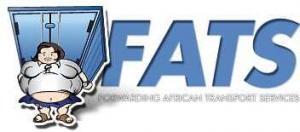
Caron kindly provided the following recent photos of project cargo in transit.

